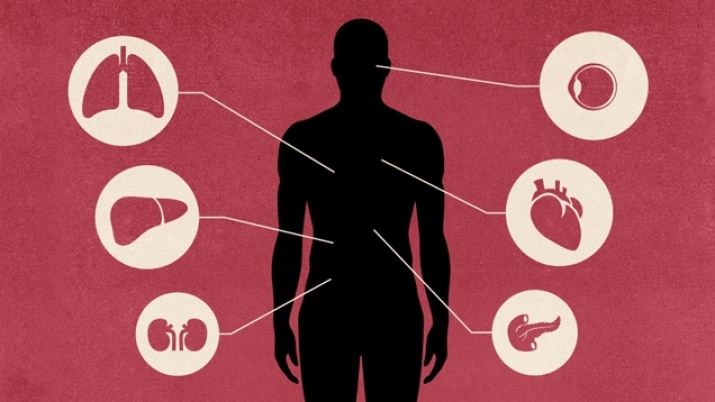Not all diseases are treated. But in some cases, organ transplantation gives hope for recovery. This method of saving a person was first used in the mid-20th century. Transplantology is still a very young field of medicine. Transplantation of internal organs is currently quite a common operation. Each country has certain laws that determine the legitimacy of this procedure. Consider further organ donation in Russia and the world. How does this happen?
What is transplantation and when is it needed?
First, let's decide what transplantation means. The procedure is a transplant of a healthy organ from one person to another. It may be needed not only by an adult, but also by a child. This whole process can be divided into two stages:
- Explantation of an organ or organs in a donor.
- Implantation of an organ into the recipient's body.
There are many reasons why this operation may be necessary.
Some of them are:
- Leukemia or lymphoma requires a bone marrow transplant.
- Some oncological diseases.
- Heart diseases.
- Liver disease.
- Kidney disease.
- Lung diseases.
- Gastrointestinal tract diseases.
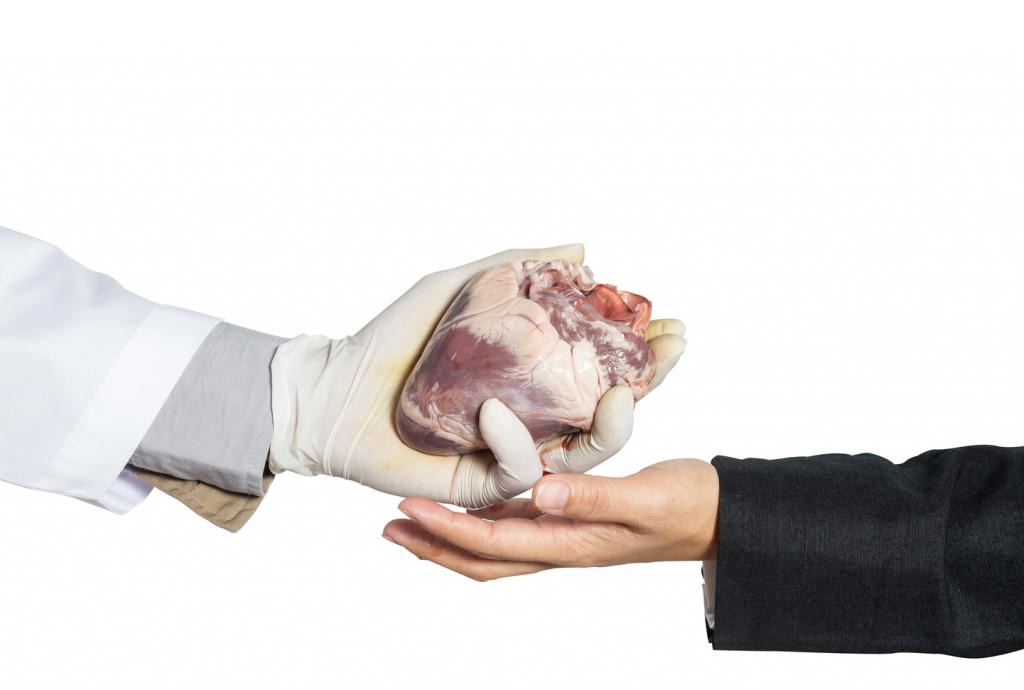
It is organ transplantation in some cases that saves a person's life. The law on organ donation in Russia helps to solve this problem.
Who can become a donor
A person is a source of organ transplantation. Donation may be:
- Posthumous.
- Voluntary in vivo.
The law on organ donation in Russia defines the categories of people who can become donors in life. These are persons of legal age. What conditions must be met in this case:
- The decision must be made by the person himself without pressure from the outside.
- The donor must be mentally and physically healthy.
For a bone marrow transplant, a donor may be under the age of 18. Also, a blood relative can be a donor, for example: brother, sister, mother, father.
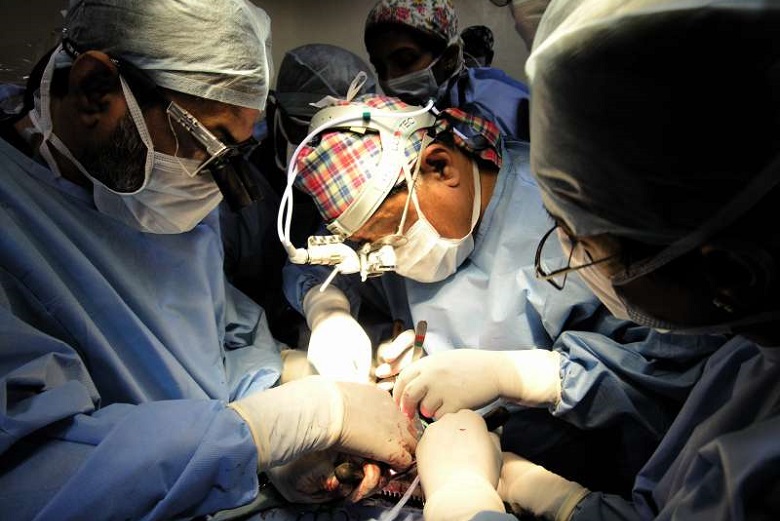
Most often, post-mortem donation is used. This process is regulated by law and supported. How is organ donation in Russia? About it further.
I want to note that any person who does not have contraindications to this procedure can be a bone marrow donor. There is an all-Russian base of bone marrow donors. To enter it, it is enough to pass an analysis for typing. Perhaps you will save someone's life.
Donation in Russia after death
There is a presumption of consent to organ donation in Russia. This means that any deceased citizen is a donor. Everyone has the right to give their consent or not to give it for organ transplantation after death. The application can be announced orally, in the presence of two persons or in writing. The paper must then be certified by a notary. If the process occurs in the hospital, the statement can be assured by the head physician.
But (unlike other countries) in Russia there is no register of such wills yet. Such a system works very weakly and not quite efficiently.

It is worth noting that the posthumous organ donation in Russia also has its flaws. So, if the deceased did not leave consent to the donation after death, then relatives have the right not to agree to transplantation. At the same time, the doctor is not required to discuss this topic with relatives. This means that relatives themselves must raise and resolve this issue.
Who can not be a donor
There are absolute contraindications to donation. These include the presence of such diseases:
- Human immunodeficiency virus type 1 and type 2.
- Malignant formations.
- Primary brain tumor.
- Infectious-septic complications in a potential donor.
- Disseminated infection.
- Bacterial sepsis.
- Generalized fungal infection.
- Active tuberculosis.
- Meningitis.
- Fungal colonization of the lungs.
The organs cannot be taken from unidentified deceased citizens, as well as from foreign citizens.
Potential Donor Survey
A person can be a donor after death if he has at least one organ suitable for transplantation.
The survey evaluates:
- The condition of all organs.
- Intravital risk factors.
- Absolute and relative contraindications.
Considered:
- Causes of death.
- The age of the deceased.
- High risks. They can cause refusal of donation.
- Intravital diseases. In the presence of diabetes mellitus or hypertension, the degree of damage to organs is determined.
A physical examination of the donor is carried out:
- If tattoos made less than three months ago are detected on the body, infection with an infectious virus is possible. Donation may be canceled.
- Availability of injections. Can talk about drug use.
- Surgical scars. It is important to know the causes of surgery.
- Physical examination of the skin to detect neoplasms on the skin.

Conduct biochemical studies, a complete blood count. Mandatory tests are to determine the antibodies to HIV, hepatitis C, hepatitis B and many others.
Donor death setting
Only after the death of the brain has been ascertained is organ donation possible in Russia after death. The law indicates compliance with this clause.
To ascertain the death of the brain, a special commission is needed. It should include:
- Neurosurgeon.
- Anesthetist.
- Neuropathologist.
- Psychiatrist.
- Attending doctor.
The examination should be carried out twice (with an interval of 6 to 12 hours).
Brain death is determined by the following criteria:
- There is no reaction to external pain stimuli.
- Deep coma.
- Muscle atony.
- There is no spontaneous breathing for 3 minutes after turning off the artificial respiration apparatus.
- There are no corneal reflexes.
- Pupils do not respond to light.
- Eyes do not move.
- Blood pressure decreases during resuscitation.
- The body temperature drops below 32 degrees. Hypothermia gradually develops.
If there is any doubt about brain death, brain electroencephalography is necessary.
Death cannot be ascertained if a person is in deep hypothermia, with severe intoxication by depressants, with cerebral edema, and also with severe hypovolemia.
Organ Preservation
After the death of the brain is established, the task of doctors becomes to support blood circulation and breathing in the body of the donor until the necessary organs are removed. After extraction, they can easily die from heat. So, the heart can withstand 20 minutes, the kidneys - 45 minutes, and the pancreas - 30 minutes. The body of the donor can be connected to a perfusion apparatus, washed from the blood. Further, using special solutions, the body is preserved. In such cases, all organs can be taken from the donor. But the time of cold ischemia is also limited for the body. The shorter it is, the better for the organ.
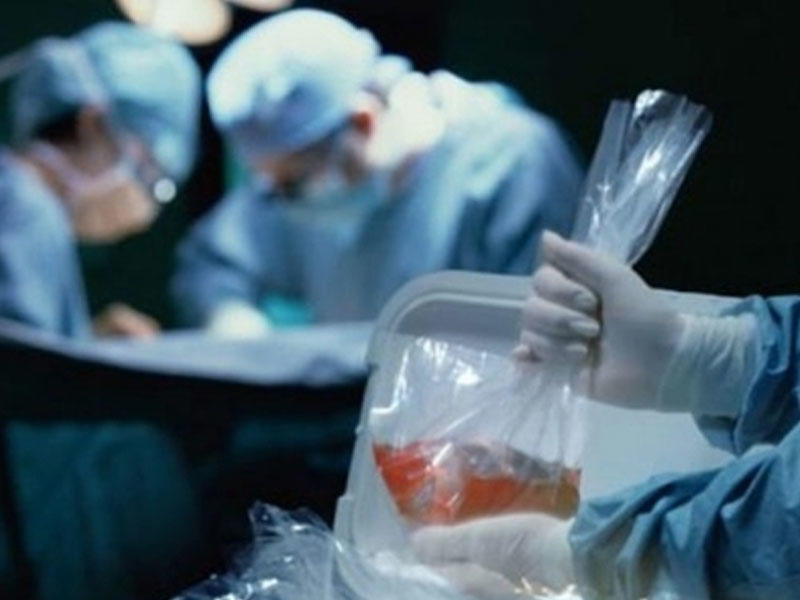
Currently, modern conservation methods allow you to save organs from 24 to 36 hours. Least of all is it possible to save the lungs and heart (only 6 hours), but even this is enough to save someone's life.
Life-giving
The law on organ donation in Russia provides for intravital donation. As a rule, this is the removal of paired organs:
- The kidneys.
- Part of the liver.
- Part of the small intestine.
- Share of the lung.
- Part of the pancreas.
- Bone marrow.
Organ donation in Russia is voluntary for relatives:
- Sisters
- Brother.
- Daughters.
- Son.
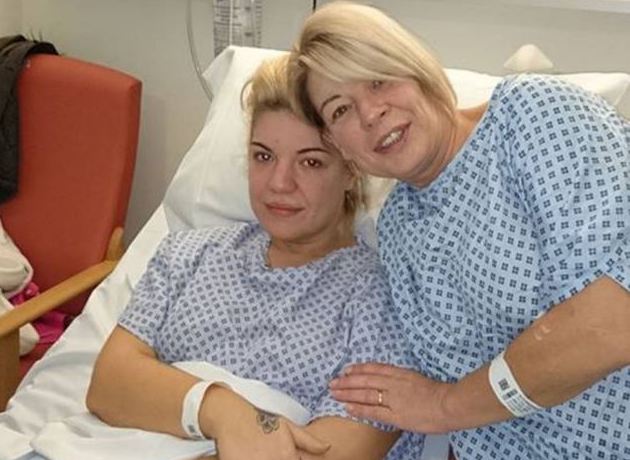
A husband or wife cannot be donors to each other. However, no remuneration is provided by law. In addition, it indicates the inadmissibility of the sale of human organs and tissues.
First of all, it is necessary to issue the consent of the donor, which should be accepted without pressure from the outside. An agreement on the removal of organs or tissues between a medical institution and a donor is drawn up. The person who gives his organ has the right to know about all the possible complications in connection with the upcoming operation.
The donor is undergoing a medical examination:
- Doctors should state that irreversible harm to health will not be caused during transplantation.
- It must be confirmed that there are no contraindications to donation.
- Biological compatibility with the recipient is verified.
- A study is underway on the possible consequences for the donor and recipient.
An agreement is also concluded between the medical institution and the recipient on transplanting the organs to save the life.
How to sell an organ for donation in Russia
It is impossible to officially sell an organ in Russia, just like buying it. In addition, it is criminally punishable. Organ donation in Russia is voluntary.
Newspapers have similar announcements, which, of course, are not legal. But by agreeing to attractive conditions, you will fall into the hands of charlatans. They will not be able to guarantee safety for your health or the necessary organ compatibility for your loved one. You will lose time, money and the most valuable - your health, if you agree to transplant.
Many people find organ trading not ethical. Also, most religions are against transplantation, all the more negative about organ trafficking. Based on this, organ donation in Russia and transplantation occur only on a voluntary basis.
Child donation
More recently, organ harvesting from deceased children has not been carried out. Legislation did not contain a procedure for diagnosing brain death in young patients. In 2015, this was fixed. Now, the removal of organs from the dead from 1 year to 18 years is legally regulated. Mandatory is the written consent of the parents.

I would like to note that the posthumous organ donation in Russia gives many parents hope for the recovery of the child. It is necessary for transplantation of the heart and liver. There have been cases when the parents of a dying child would like to help other children in need.
The debate about whether the law needs to be finalized is ongoing. Competent experts believe that everything is taken into account in it. Some are of the opinion that it is necessary to allow the sale of organs at an official level.
World organ donation
In most civilized countries, as in Russia, the presumption of consent is valid. But there are countries where you can buy an organ or sell it quite legally. These are states such as Pakistan, Colombia, India, and the Philippines. The cost of a kidney can exceed 100 thousand dollars (5.6 million rubles). Tourists who agree to transplant receive only a few thousand.
In Pakistan, husband and wife are considered blood relatives. Women have very few rights and, as a rule, in 95% of cases the donor organ is taken from a wife, daughter or sister. In these countries, pre-transplant screening is not carried out at the highest level. The kidney may be infected, then the recipient has an organ rejection with possible blood poisoning.
People who agree to sell their organ most often do not have any extracts on their hands that would confirm the operation.
In Pakistan, selling organs is an opportunity to make money.
The first place for organ transplantation is Spain. The presumption of consent is valid in this country. Relatives are asked delicately and, as a rule, are not refused. Previously, they conduct a conversation. Donation in this country is considered the norm. Each hospital has specially trained personnel, specialists and equipment.
Organ donation in Russia after death is a rare occurrence. Firstly, there are very few hospitals equipped with the necessary equipment.In addition, our population, as a rule, does not agree because of poor awareness, so donation is still not developing at the required level.
